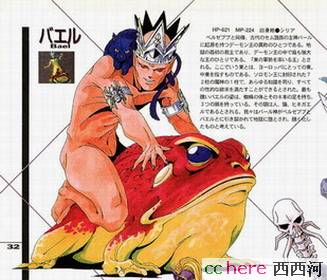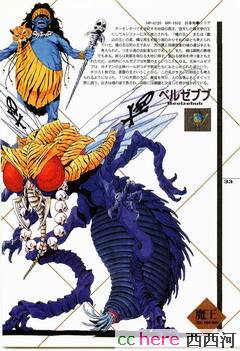主题:【原创】闲话圣人之一:圣之"冠" -- AleaJactaEst
片子里有不少布达佩斯风景点,我找这个雕塑,找得眼睛都酸了,还没有看到。
好像布达佩斯也有个凯旋门。
也怪老大没早点写,
另打听一下,这么多图都是有心拍摄的吗?
尼布甲尼撒不是巴比伦王吗?是国名有误,还是真是亚述国但另一个王?
马丁路德把它给删除了。
Nabuchodonosor king of the Assyrians
不是尼布甲尼撒Nebuchadnezzar
As a historical tale, its scenes are enlivened and given immediacy by their setting in a definitely characterized (though anachronistic) setting and time, and connected, as all historical novels are, with important personages of history — here "Nebuchadnezzar" as a "King of Assyria" who reigns in Nineveh — features it shares with the Book of Esther, the Book of Daniel and its continuations, and the Book of Tobit. Nowhere are the "historical" details introduced in more profusion than in Judith.
With the very first words of the tale, "In the twelfth year of the reign of Nebuchadnezzar, who reigned over the Assyrians in Nineveh," it is argued by the compilers of the Jewish Encyclopedia that the narrator sets his story in "Once upon a time".
The city called "Bethulia," (properly "Betylua") and the narrow and strategic pass into Judea that it occupies (Judith IV:7ff VIII:21-24) are believed by many to be fictional settings, but some suggest that a city called Meselieh is Bethulia.
The editors of the Jewish Encyclopedia identified Holofernes' encampment with Shechem. The Assyrians, instead of attempting to force the pass, lay siege to the city and cut off its water supply. Although Nebuchadnezzar conquered Judah in reality, he is foiled in the narrative of the Book of Judith.
The Book of Judith was originally written in Hebrew. Though its oldest versions have been translated into Greek and have not been preserved in the original language, its Hebrew origin is revealed in details of vocabulary and phrasing. The extant Hebrew language versions, whether identical to the Greek, or in the shorter Hebrew version which contradicts the longer version in many specific details of the story, are medieval.
Even though the Book of Judith is not part of the official Jewish religious canon, many within Orthodox Judaism place it in the Hellenistic period when Judea battled the Seleucid monarchs. It is regarded as a story related to the events surrounding the military struggle of that time and is believed to be a true reference to the background events leading up to the Jewish holiday of Hanukkah. (See also 1 Maccabees and 2 Maccabees).
刚刚从匈牙利回来,到国家议会去参观了王冠,解说小姐称,王冠是在运送途中被弄坏的,这算标准答案不?
你说的凯旋门可能是链子桥上的那个。
以前看名画、游教堂往往不得其要领。您这一归纳,受益匪浅呢。。。。。
鲜花已经成功送出。
此次送花为【有效送花赞扬,涨乐善、声望】
传说唐前辈到印度学佛取经,学成后辩倒了印度的众多高僧,还是全身而退。
Baal还是依照传统译法——如《旧约》——译为“巴力”比较合适,在《旧约》里多次出现这个称呼,想来那个结尾的l后面是该有个元音的。而且还有个旁证,来自同为闪族分支的阿拉伯人,《古兰经》里也提到了这位尊神,当然,也是从反面意义上的,“难道你们祈祷白耳利,而舍弃最优越的创造者——真主,你们的主,你们祖先的主吗?”,也能侧面证明其尾音不是静音。
不过,为什么现在它会以“巴尔”之名而广为人知呢?我看有很大程度得归功于《Diablo2》的中文翻译吧……话说回来,将《Diablo》翻译成《暗黑破坏神》本身就挺搞,熟悉日本漫画的朋友应该知道,这个题目本来是被别人用过了的……
Baal本来是迦南神话中的太阳神、丰饶神,地位是够崇高的,但与天启宗教对立上后,就被贬为恶魔。您引的那张经典的人、蜘蛛、猫、蛤蟆四身造型,是来自于《雷蒙盖顿》里描绘的所罗门七十二柱魔神形象,里面把它描绘为地狱的大公,“统率东方军团之王”。不过这个时候巴力多被称为Bael,有译为“巴耶力”的,也有译为“巴艾尔”的。
下面有个日本画家金子一马的Bael造型,那个时候他还有点循规蹈矩,这个Bael形象我不是太满意。

还是由Baal演变来的另一个恶魔,“鬼王”“苍蝇王”“粪山之王”别西卜比较惹眼些。
